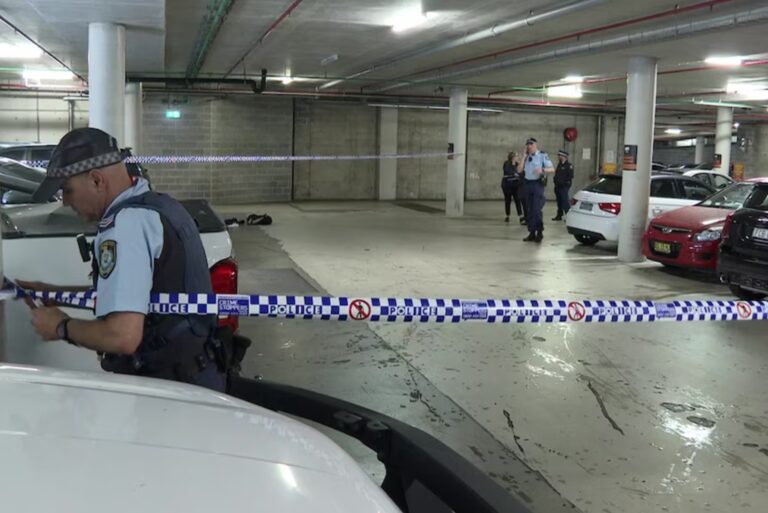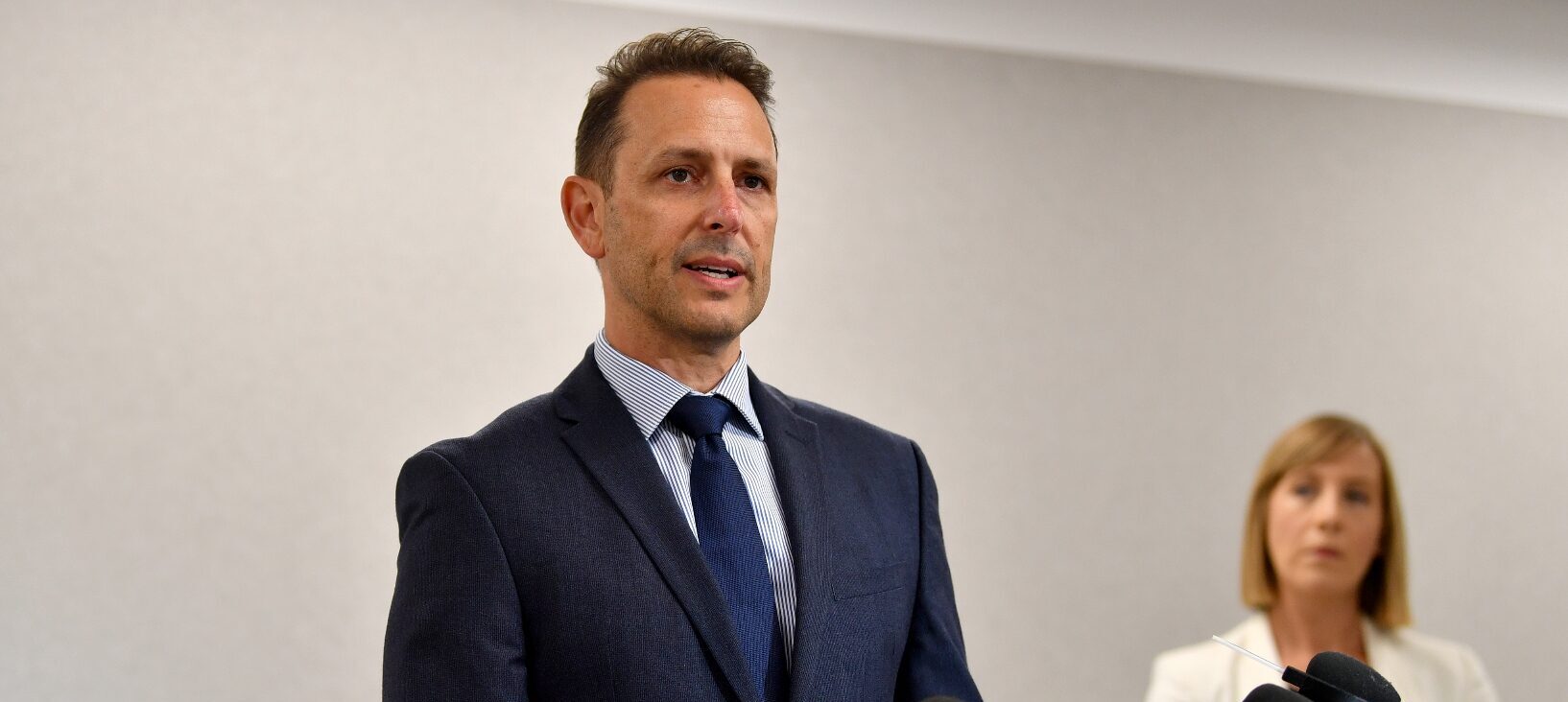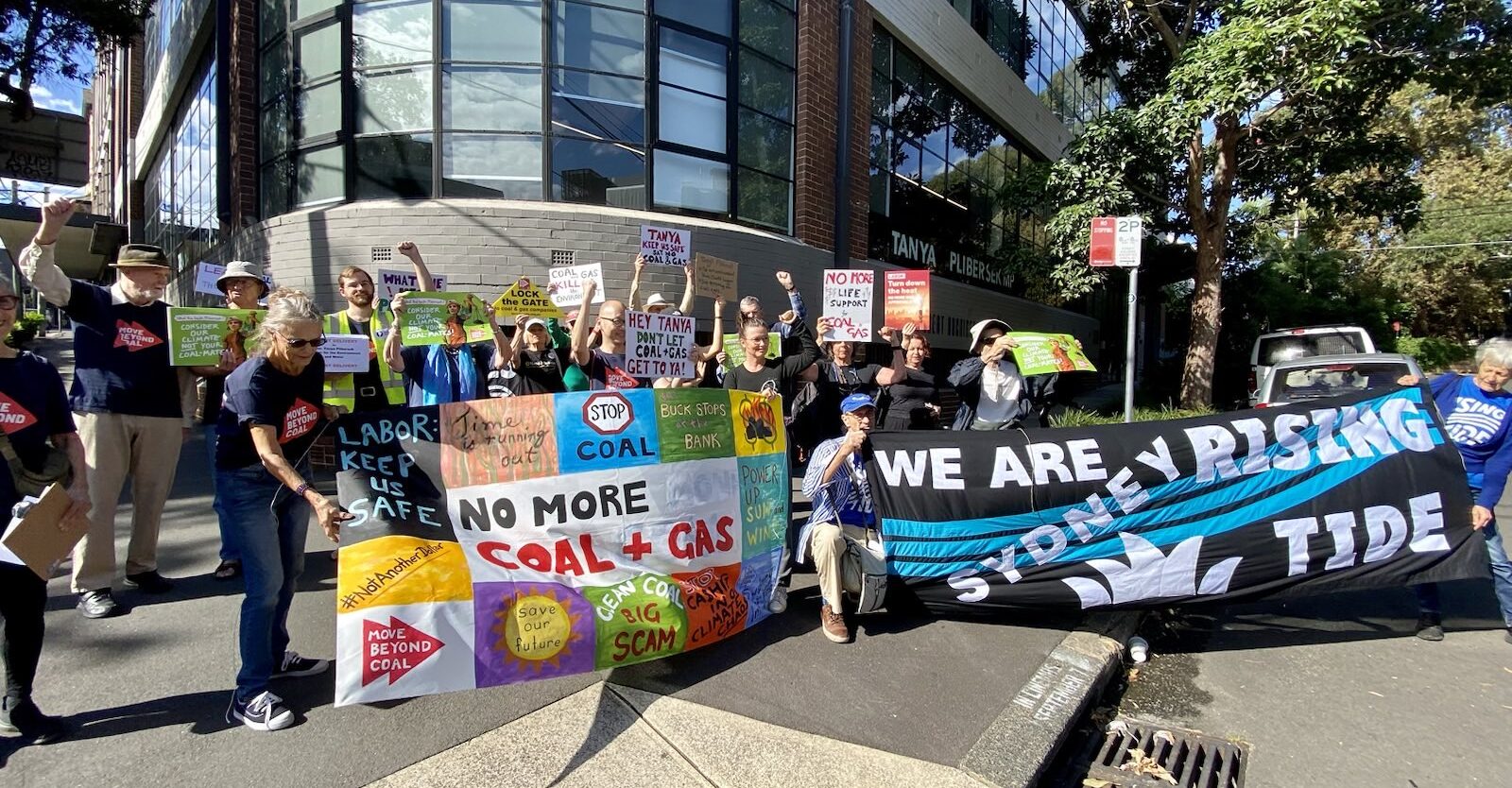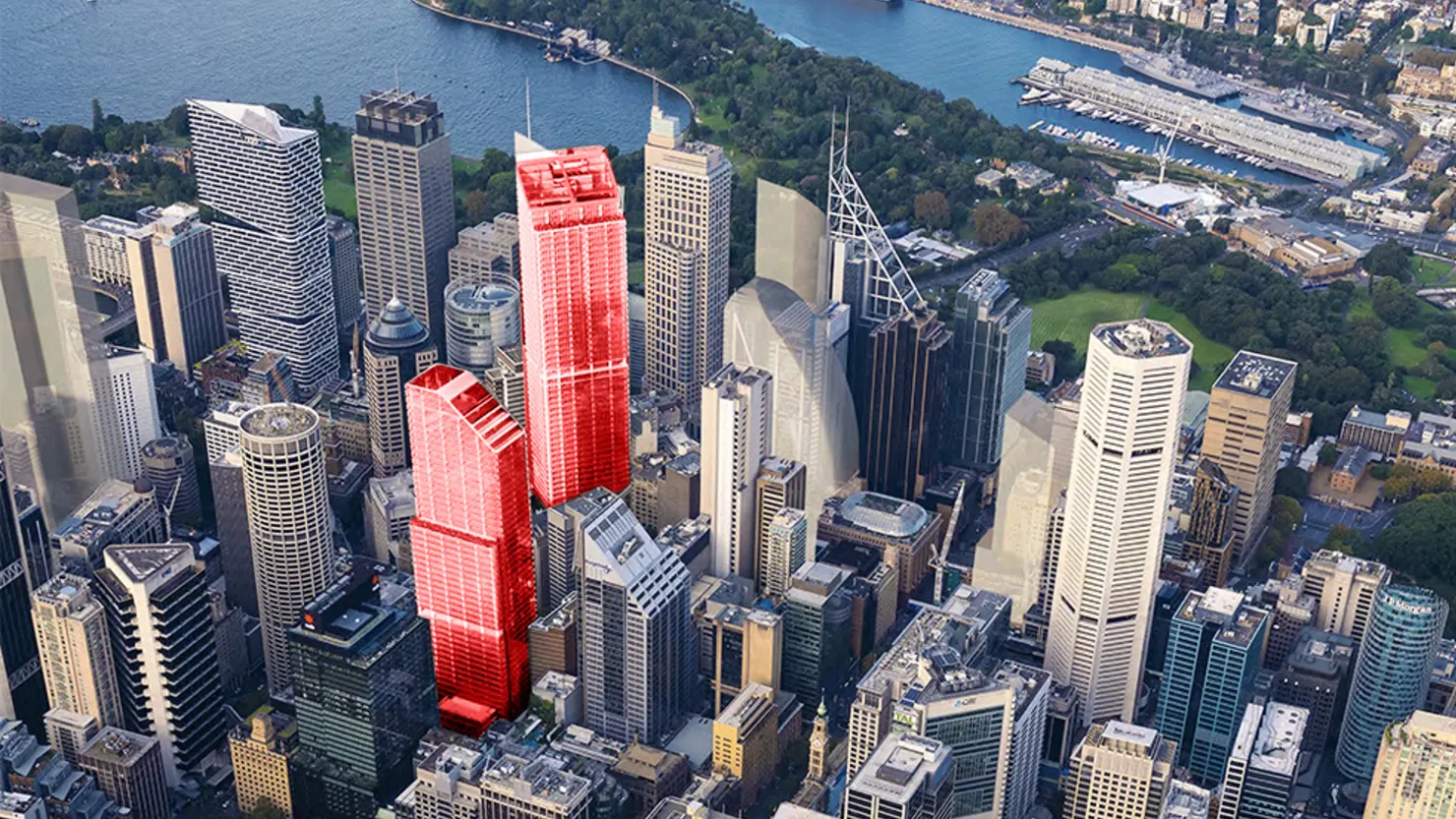
George Street tender exemption splits council

By ALLISON HORE
After a vote which split the City of Sydney council, the planning and construction of the George Street pedestrianisation project will go ahead without the usual tenders process.
The $35 million project will see the pedestrian zone on George Street extended further south from Bathurst street to Rawson Place.
Sydney’s Lord Mayor Clover Moore said the project would be a “true transformation of the CBD” which would bring an extra 9000 meters of public space to the city’s centre and fulfil the original vision to connect central to circular quay.
“For many reasons this is a terrific project and I think we should all strongly support it,” Ms. Moore told the council.
Although councillors are supportive of the move to pedestrianise George Street, one part of the plan raised eyebrows within council.
At a finance committee meeting on October 19, deputy mayor Jess Scully introduced a report which recommended that the pedestrianisation works be exempt from the usual tender process. In the following council meeting, the exemption from tender was passed.
The report said the council would use an existing city contractor for the design and construction of the George street pedestrianisation project and the existing schedule of rates would be suitable for the majority of works. The exemption would apply where existing rates do not cover works.
Ms. Scully said the need for an exemption was due to “limited time window” to work within while the city returns to capacity post lockdown.
Chief Operating Officer Kim Woodbury said the council had already been through an extensive tender process in 2019, with applications from 11 tenderers considered. He said the existing contractor has proven their capability at delivering inner city works.
Despite the project going through a tenders process in 2019, the scope of it has changed significantly since then meaning some items would be unique to the new pedestrianisation project. The exemption would cover the “small percentage of items” which haven’t yet been tendered Mr. Woodbury explained. This would include costs specific to constructing around light rail such as hiring spotters.
Council split over exemption
When it came time to vote on the exemption the council was split evenly, with five councillors voting against the move and five for.
In instances where votes are even the Lord Mayor is able to use their “casting vote” to carry the recommendation, and that is what happened in this case.
Linda Scott was one of the councillors who voted against the exemption. She said whilst she understands the intention behind the exemption and the necessity for the works to be delivered in a timely fashion, it’s the councils job to “to satisfy that we have the best value for money.”
“How can we do that especially since there’s rates not quoted by the tenderer in the original price we’re now seeking,” she said at last week’s finance committee meeting.
“We have an obligation under the Local Government Act as to how we do this.”
Voting against the exemption alongside Ms. Scott were councillors Kerryn Phelps, Angela Vithoulkas, Craig Chung and Christine Forster.
Councillor Phelps shared Ms. Scott’s concerns and said she felt “uncomfortable” with working with a single contractor on the project based on their pricing. She said the excuse that it has to be fast tracked due to the situation with the COVID-19 pandemic is “not sufficient reason not to go through due diligence for a project of this scale”.
Councillor Chung said the purpose of tendering is to ensure good value for residents, a high quality product, and fairness for all construction companies in the market. He shared Ms. Scott’s questions over whether the exemption was compliant with Local Government Act policies.
“I don’t necessarily accept the sweeping statement that this complies,” he said.
“We allow too many of these exemptions to go through.”
In Monday’s council meeting he added it was “insulting” to characterise councillors who had a concern about the tenders process as being against the development.
Mr. Woodbury fired back at the criticisms, saying the costs quoted have been audited as “good value for money” and that it would take 9 months if it was brought back to council. In that time, he said, “prices could go up and prices could go down” as lots of infrastructure work is being undertaken by the federal and state governments.
“If we’ve got someone ready to go, we should grab it and go,” he said.
The total cost of the items exempt from tender is confidential but councillor Chung noted in the finance committee meeting it was “very significant”.
In response to the criticisms from councillors and concerns over the Local Government Act, Ms. Moore said she stands by the decision to exempt the project from tender and thinks the council’s processes have been appropriate.
“I have very strong support for the processes of our council and our staff and this report that’s before you now,” she concluded.
With the tenders process vetoed, work on the project is due to begin in February next year. It will be undertaken in sections to “minimise disruption”.









